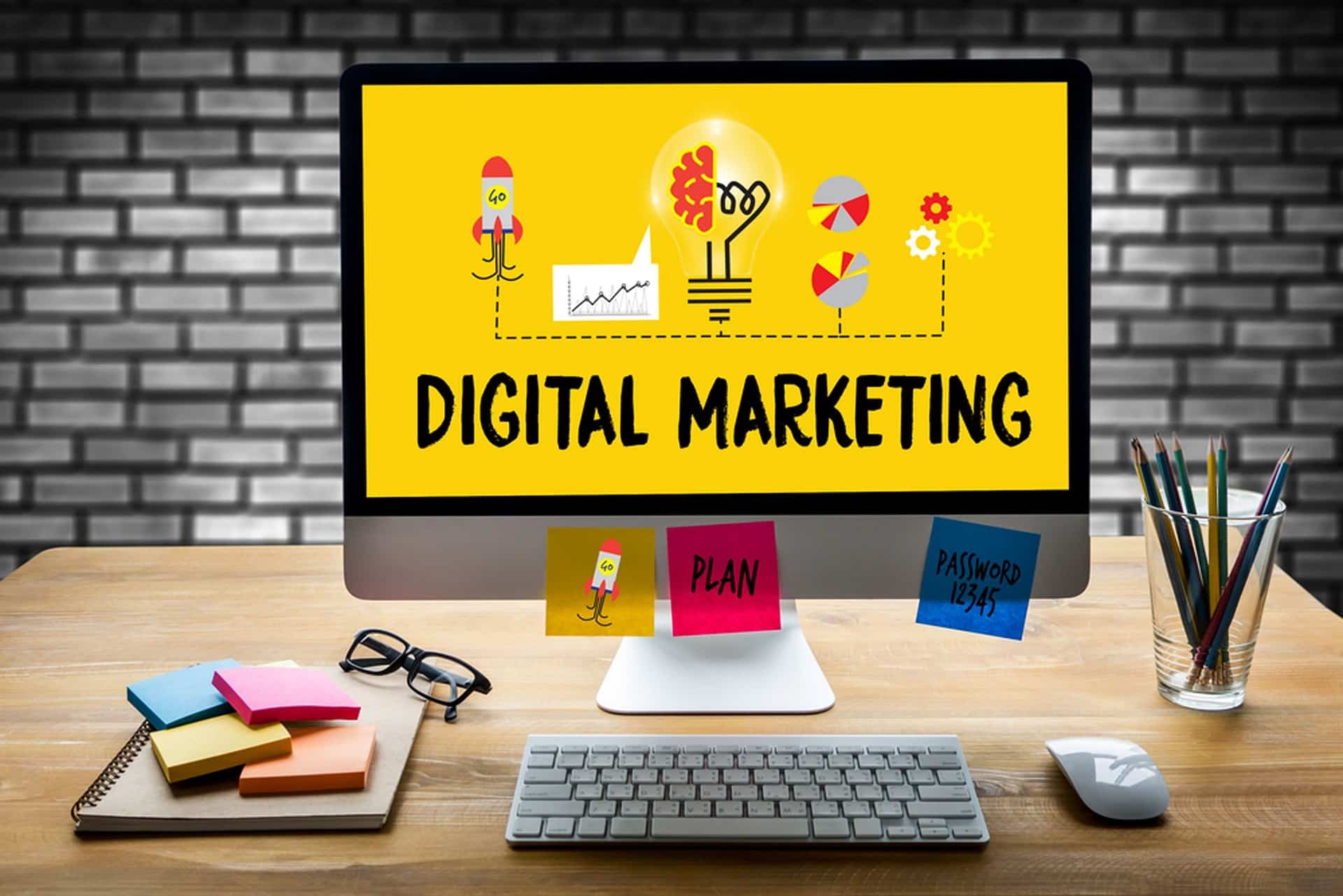The world of digital marketing is constantly evolving, with new trends, technologies, and platforms emerging every day.
To stay competitive in this fast-paced industry, businesses must adapt and embrace the next generation of digital marketing strategies. In this article, we will explore the key developments shaping the future of digital marketing and discuss how businesses can harness these innovations to drive success.
The Power of Personalization
One of the most significant shifts in digital marketing is the increasing focus on personalization. Consumers today expect personalized experiences that cater to their individual needs and preferences. By leveraging data and advanced analytics, marketers can create highly targeted campaigns that resonate with their audience on a deeper level.
To harness the power of personalization, businesses should invest in customer data platforms (CDPs) and marketing automation tools that enable them to collect, analyze, and act on customer data in real-time. By integrating these technologies into their marketing strategy, businesses can deliver relevant content and offers to their audience, resulting in increased engagement, loyalty, and conversion rates.
Artificial Intelligence and Machine Learning
Artificial intelligence (AI) and machine learning are revolutionizing digital marketing, offering new ways to optimize campaigns, analyze data, and engage with customers. These technologies can help marketers automate tasks, uncover insights, and deliver more relevant and personalized experiences.
For example, AI-powered chatbots can provide instant support to customers, resolving queries and offering personalized recommendations based on user data. Similarly, machine learning algorithms can analyze vast amounts of data to identify patterns and trends, enabling marketers to optimize their campaigns and maximize return on investment (ROI).
To stay ahead of the curve, businesses should explore how AI and machine learning can be integrated into their marketing strategy, from content creation and optimization to customer service and analytics.
Augmented and Virtual Reality
Augmented reality (AR) and virtual reality (VR) are becoming increasingly popular in digital marketing, offering immersive and engaging experiences that captivate consumers. These technologies can help businesses create interactive product demonstrations, virtual showrooms, and gamified marketing campaigns that drive customer engagement and conversions.
To capitalize on the potential of AR and VR, businesses should collaborate with experienced developers and designers to create innovative campaigns that leverage these technologies. By staying at the forefront of these developments, businesses can differentiate themselves from the competition and create memorable experiences that resonate with their audience.
Video Content and Live Streaming
Video content continues to dominate the digital marketing landscape, with consumers increasingly favoring this format over text and images. Live streaming, in particular, has gained traction, as it offers real-time, authentic experiences that foster a sense of connection between brands and their audience.
To keep up with this trend, businesses should prioritize the creation of high-quality video content that tells a compelling story and aligns with their brand values. Additionally, brands should explore opportunities for live streaming events, product launches, and behind-the-scenes content to engage their audience and humanize their brand.
Focus on Community Building
In today’s digital age, building and nurturing an online community has become an essential component of digital marketing success. By fostering a sense of belonging and engagement among their audience, businesses can drive loyalty, advocacy, and organic growth.
To build a thriving community, businesses should invest in social media platforms and forums that facilitate conversation and interaction among their audience. Additionally, brands should prioritize authenticity, transparency, and responsiveness in their communications to build trust and foster meaningful connections with their customers.
Emerging Social Media Platforms and Strategies
With the constant emergence of new social media platforms, it’s crucial for businesses to stay up-to-date with the latest trends and strategies. By engaging with their audience on various platforms, businesses can expand their reach, strengthen their brand presence, and foster deeper connections with their customers.
Brands should continuously evaluate and adapt their social media strategies to align with the evolving preferences of their audience. This may include exploring new platforms, experimenting with different content formats, and leveraging platform-specific features to boost engagement and visibility.
Content Marketing: Storytelling and Authenticity
Content marketing continues to be a powerful tool for businesses to connect with their audience and build trust. The next generation of content marketing focuses on storytelling and authenticity, enabling brands to create relatable and engaging content that resonates with their target audience.
Businesses should prioritize creating high-quality, informative, and engaging content that showcases their brand’s unique personality and values. By weaving a captivating narrative and highlighting the human side of their business, brands can establish a strong emotional connection with their audience, driving engagement and loyalty.
Omni-Channel Marketing: Integrating Online and Offline Experiences
Omni-channel marketing is becoming increasingly important in the digital age, as businesses strive to deliver seamless and consistent experiences across multiple touchpoints. By integrating online and offline marketing efforts, businesses can create a unified brand presence and ensure that their audience receives a cohesive message, regardless of the channel they engage with.
To execute a successful omni-channel marketing strategy, businesses should consider how their digital and traditional marketing channels can complement and support each other. This may involve using digital channels to drive offline interactions or leveraging offline events to grow their online community.
Conclusion
The next generation of digital marketing is here, and businesses must adapt to stay ahead of the curve. By embracing personalization, AI and machine learning, AR and VR, video content, community building, emerging social media platforms, storytelling, and omni-channel marketing, brands can position themselves for success in the rapidly evolving digital landscape.
As the world of digital marketing continues to change, businesses must remain agile and open to new ideas, technologies, and strategies. By staying informed and embracing innovation, businesses can capitalize on the opportunities presented by the next generation of digital marketing and drive lasting success.
Stay ahead of the curve and drive success with Seattle Digital Marketing in the rapidly evolving digital landscape.


